Keyword: comfort women
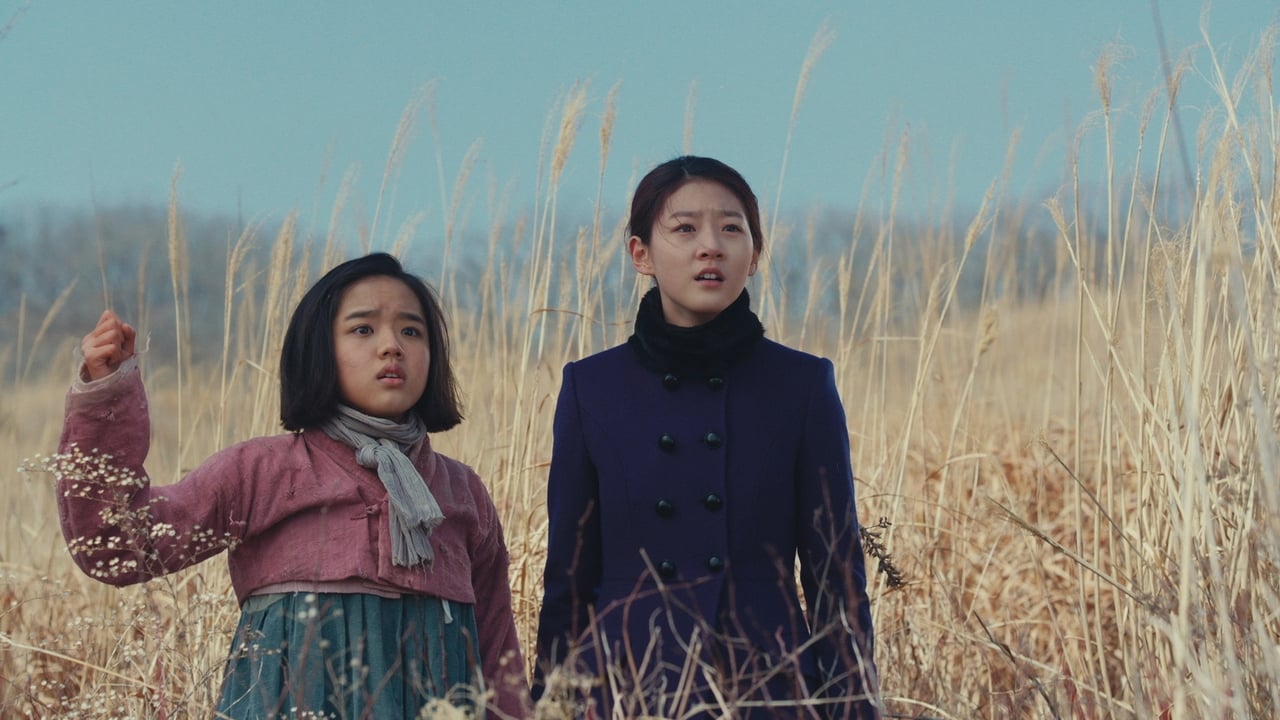
Snowy Road
7.2
2015
Movie
HD
Two Korean girls who unwillingly get taken from their homes during the Japanese occupation of Korea.
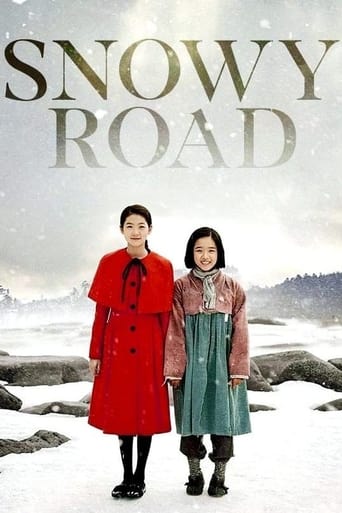 Snowy Road
Snowy Road

I Can Speak
7.4
2017
Movie
HD
The film tells the story of an elderly woman (played by Na Moon Hee) who constantly files complaints with the local office about the wrongs that she sees around her each day. Along the way, she forms an unlikely friendship with a junior civil service officer (played by Lee Je Hoon) who begins to teach her English. Though the film is a comedy, the genre serves as a vehicle to discuss the deeper topic of Korean comfort women during World War II.
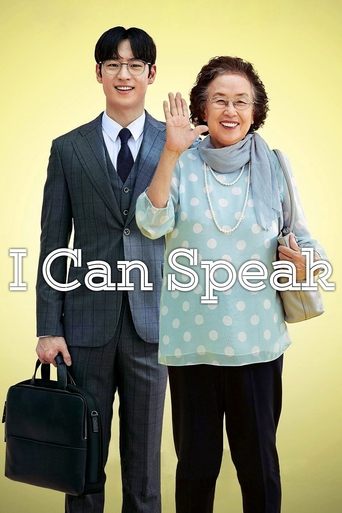 I Can Speak
I Can Speak

Herstory
4.6
2018
Movie
HD
10 plaintiffs who suffered as comfort woman during World War II and their 13 lawyers stand in a courtroom in Japan. They have gone through 23 difficult trials from 1992 to 1998.
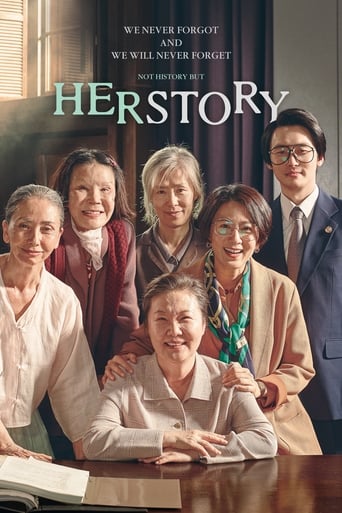 Herstory
Herstory
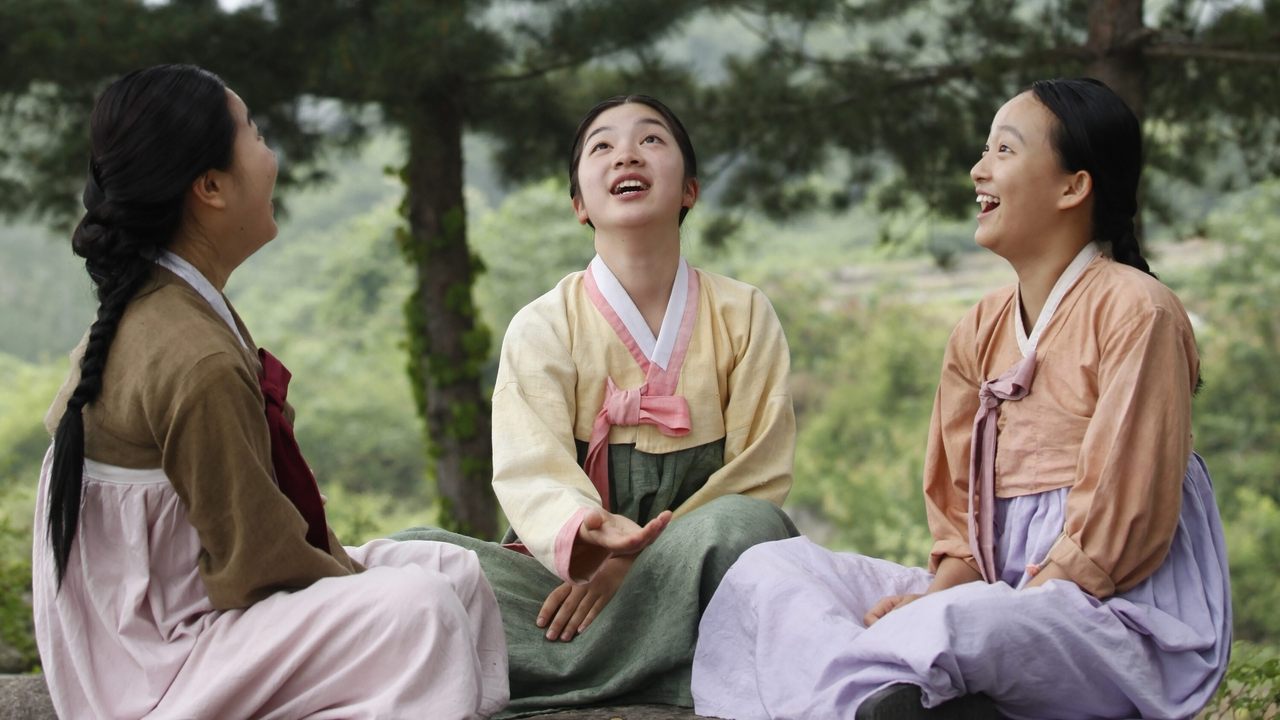
Spirits' Homecoming
6.3
2016
Movie
HD
Two Korean girls, Jung-Min (14) and Young-hee (15) are kidnapped by the Japanese Imperial Army and taken to a Comfort Station in China. There, they join other kidnapped girls in serving Japanese soldiers as sexual slaves known as Comfort Woman. By the end of the war, only one of the girls survives. Decades later, an elderly lady attempts to reunite with the spirit of her lost friend. Inspired by the testimony of Kang Il-chul.
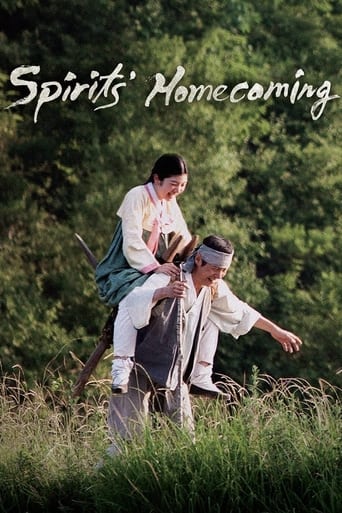 Spirits' Homecoming
Spirits' Homecoming
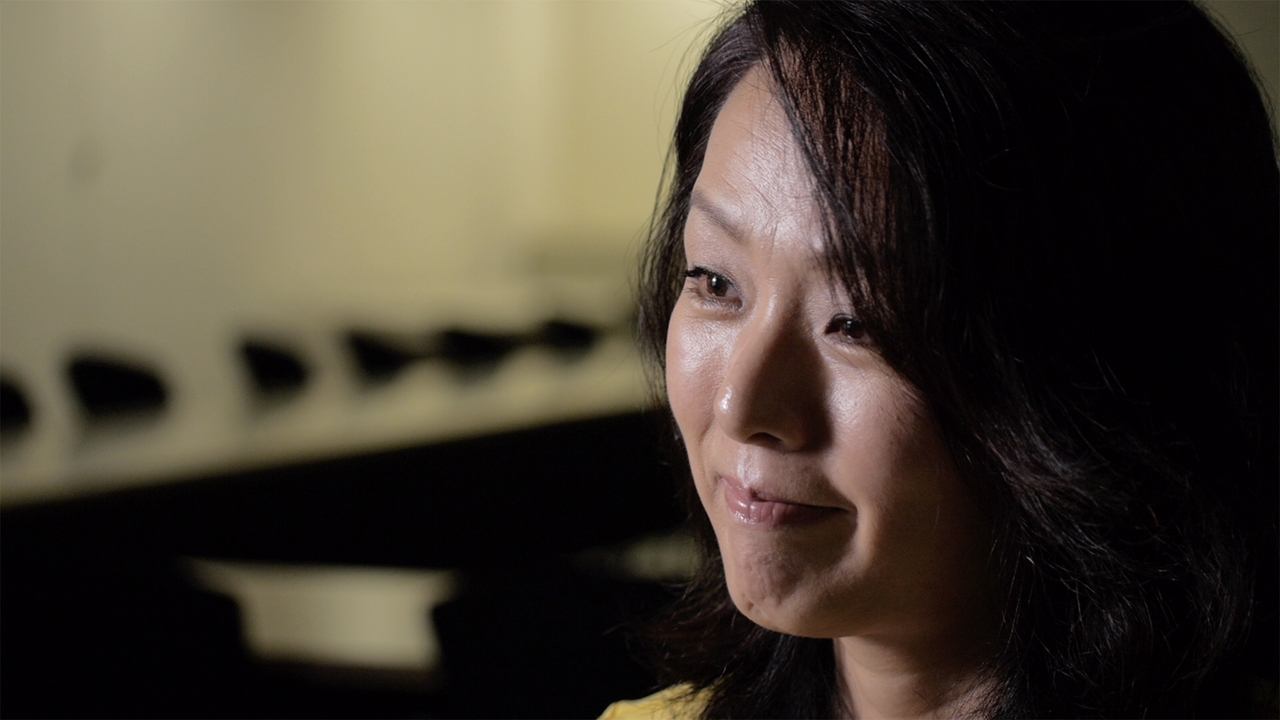
Shusenjo: The Main Battleground of the Comfort Women Issue
5.8
2019
Movie
HD
A Japanese-American director digs deep into the controversial comfort women issue to settle the debate on whether the women were paid prostitutes or sex slaves, and reveals the motivations and intentions of the main actors pushing to revise history in Japan.
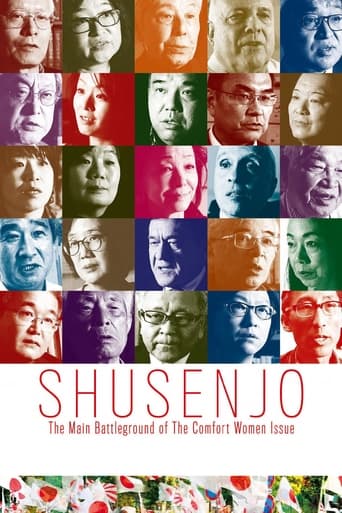 Shusenjo: The Main Battleground of the Comfort Women Issue
Shusenjo: The Main Battleground of the Comfort Women Issue
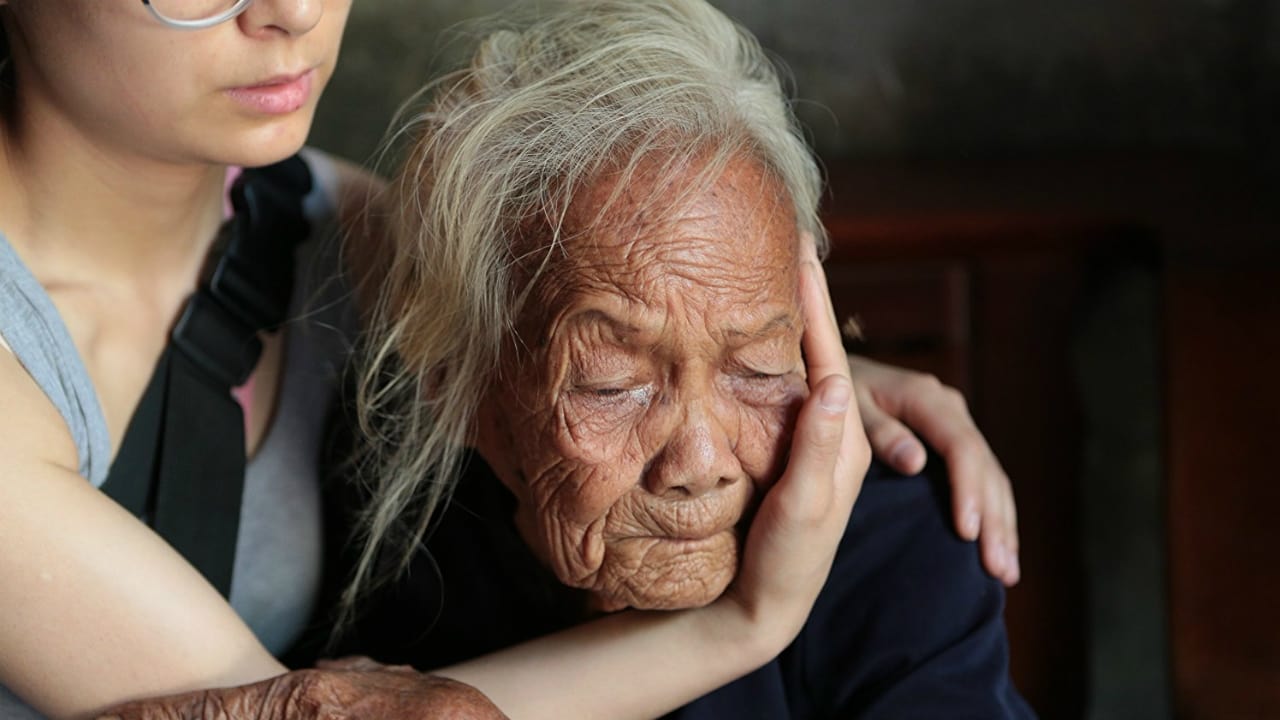
Twenty Two
7.6
2015
Movie
HD
An estimated 200,000 Chinese women were forced into prostitution by the Japanese army during WWII. Only 22 of them remain today to speak out publicly. This documentary is not a film for political gains or narrow nationalistic purposes. For the director and the crew, each and every one of those elderly women is a brave and strong individual with similar yet distinctive experiences. This is a group that deserves to be known and correctly understood by more people and a history worth being preserved in a most accurate yet sensitive way. In the documentary, the current situation of those 22 elderly women will be presented in an impersonal way. Theres no interrogation, sympathy, nor exaggeration in our film. You will hear them talk about their own experiences, and you will also learn about their perspectives on life, sufferings and happiness. Now all over 80 or 90 years old, those elderly ladies are at the very last stage of their life. This is probably the last chance for the public to actually see their situations and hear their own words while they are still alive. It should not be a history just written on pages.
 Twenty Two
Twenty Two
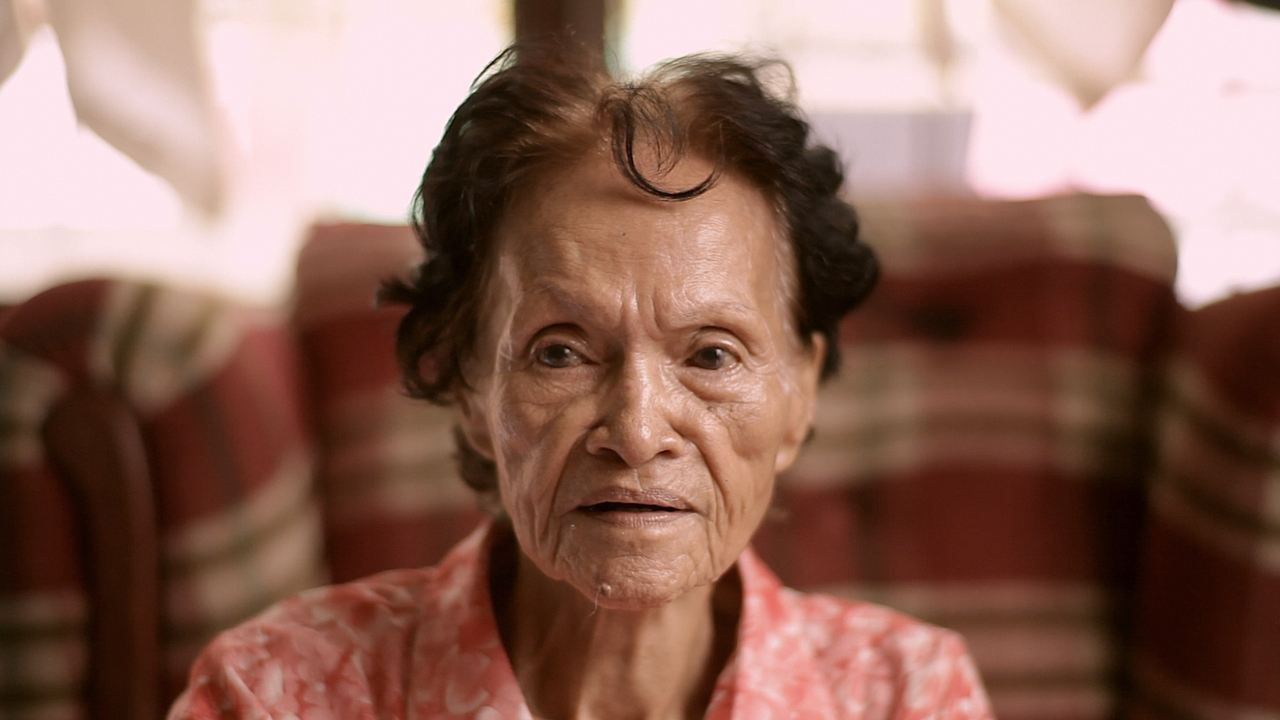
The Apology
4.1
2016
Movie
HD
The Apology explores the lives of former comfort women, the more than 200,000 girls forced into sexual slavery during World War II. Today, they fight for reconciliation and justice as they struggle to make peace with the past.
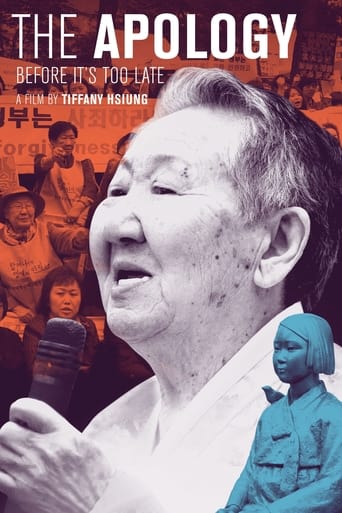 The Apology
The Apology

